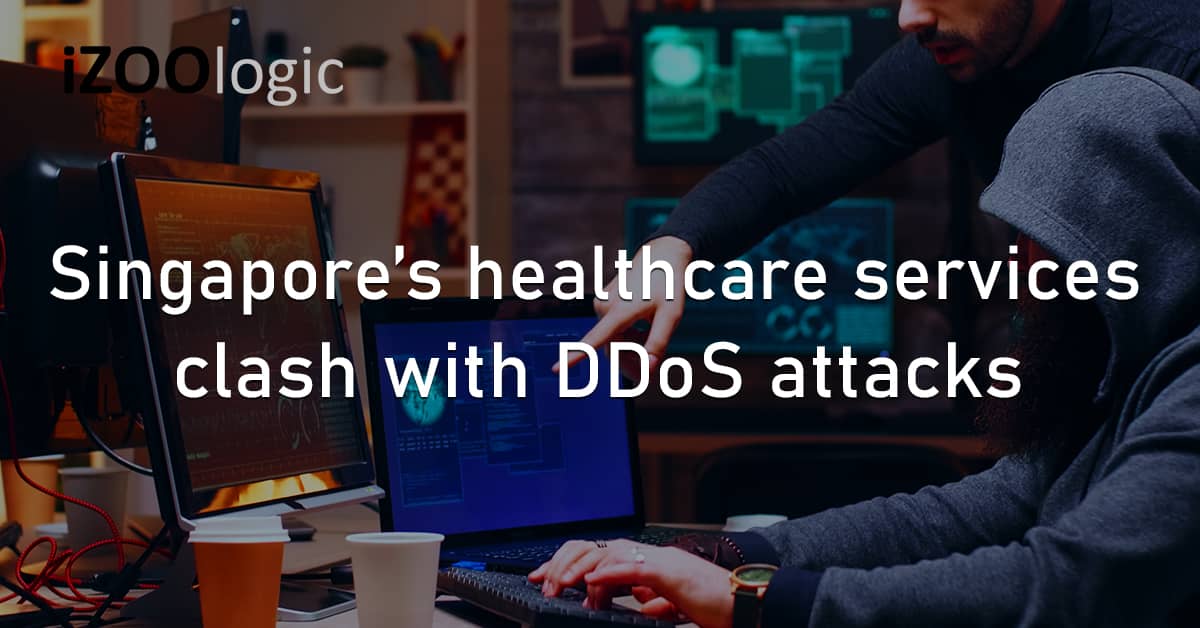Singapore’s healthcare services battle unidentified hackers that launched distributed denial-of-service (DDoS) attacks. Based on reports, the hackers have successfully disrupted the internet connectivity of these entities.
The agency responsible for managing 46 public healthcare institutions and approximately 1,400 community partners in Singapore, including nursing homes and general practitioners, reported the attacks. Fortunately, there is no evidence to suggest that the hackers compromised the patient data, internal networks, or public healthcare services of the affected institutions during the attacks.
The attack on Singapore’s healthcare services has lasted for several hours.
The disruptions to internet connectivity in Singapore’s healthcare services started earlier this week and persisted for about seven hours. These DDoS campaigns disrupted all public healthcare clusters across Singapore.
Services crucial for daily operations, such as websites, emails, and productivity tools for staff, became inaccessible. DDoS attacks utilise a flood of junk internet traffic to overwhelm websites, rendering them unavailable to legitimate users.
Several users stated that they have encountered errors while attempting to access the websites of prominent public healthcare institutions such as Singapore General Hospital, National University Hospital, and Tan Tock Seng Hospital.
Despite these challenges, the Singaporean IT provider in charge of these organisations managed to maintain critical systems necessary for providing clinical services in public healthcare institutions, ensuring continued access to patient records.
However, the threat of DDoS attacks remains looming since the attacks on Singapore’s healthcare institutions are ongoing, with occasional disruptions in internet services. In response to these incidents, the public healthcare sector will take this opportunity to review their defences against DDoS attacks and learn from these incidents to strengthen their cybersecurity measures.
At this point, the identity of the individuals or groups behind these attacks remains a mystery, but there are still ongoing investigations to identify the culprits and their motives.
The incident against the healthcare services indicates that organisations need more robust cybersecurity measures in healthcare institutions since they play a crucial role in public health. As of now, they are strengthening cybersecurity defences and ensuring the safety of patient data will be a top priority for Singapore’s healthcare sector.
